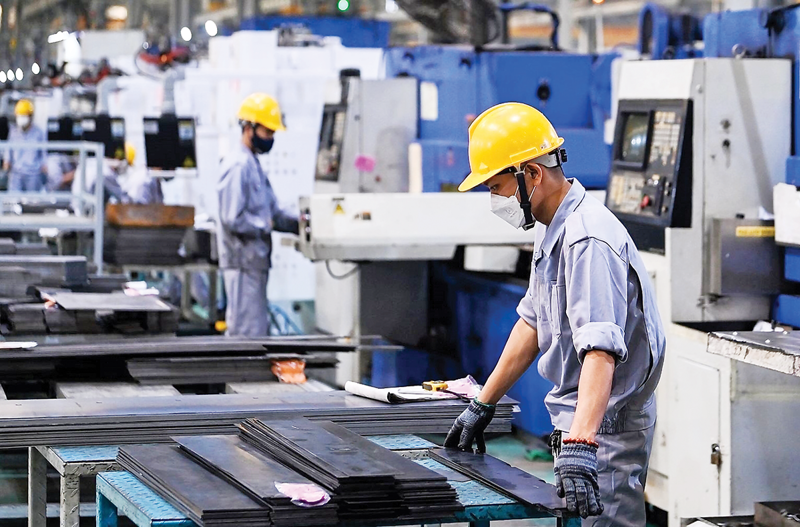While Vietnam has benefited from the Comprehensive and Progressive Agreement for Trans-Pacific Partnership (CPTPP), domestic businesses, especially in agriculture and aquaculture, have yet to fully capitalize on opportunities to integrate into global supply chains.
According to Ms. Nguyen Thi Lan Phuong from the Ministry of Industry and Trade’s Multilateral Trade Policy Department, "Most of the benefits from the agreement are currently being reaped by FDI enterprises, particularly those in electronics components, footwear, textiles, and computers."
On the other hand, businesses in Vietnam’s strong sectors like agriculture and aquaculture have seen relatively limited benefits. Notably, this trend is not just observed with CPTPP but also with other new-generation Free Trade Agreements (FTAs) like EVFTA and UKVFTA, where the utilization rate is below 10%.
Additionally, Vietnamese businesses that have had the opportunity to export to CPTPP markets have only partially integrated into the supply chains of FDI enterprises, facing significant challenges in meeting the increasingly stringent standards of markets from FTA partners, especially with the rising number of technical barriers.
To overcome these challenges and meet the stringent standards of FTA markets, Vietnamese businesses need to enhance their capabilities and align with global trends.
"From a business perspective, there is a need to change the mindset. We have integrated globally, and to meet the standards of FTA markets like CPTPP, we must adhere to increasingly stringent standards," Ms. Phuong emphasized.
The Government also plays a crucial role in supporting businesses. However, translating policies into practical benefits remains a complex process.
"While policies are in place, translating these policies into practical benefits for businesses remains a long and complex process," she remarked.









 Google translate
Google translate